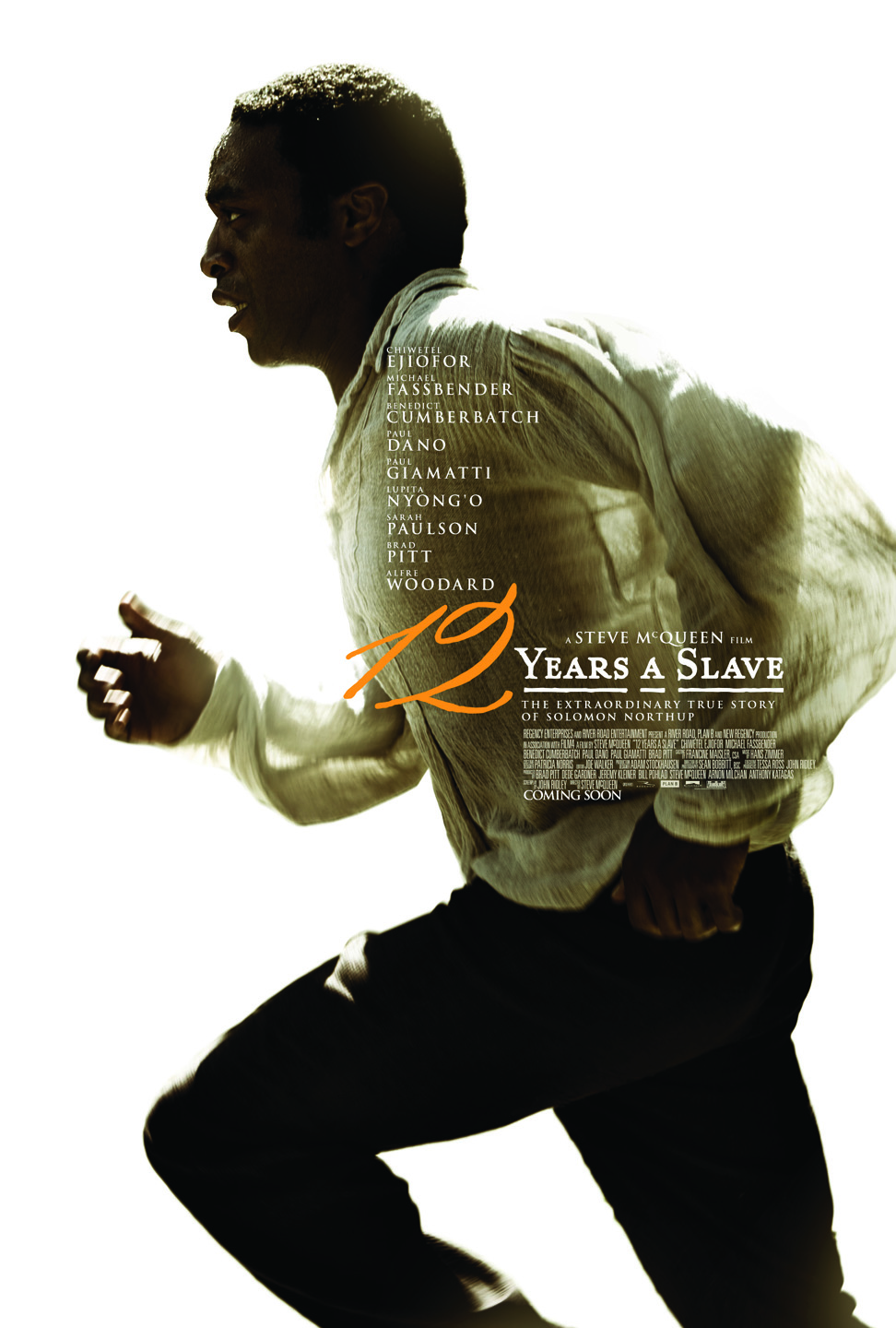If you want entertainment, don’t see this movie. If you like walking away from a story after it pats you on the back and says “you’re okay just as you are,” don’t see this movie. If you don’t like to be challenged — if you prefer comfort and safety that sidesteps suffering through injustice and torture, if you want to stay away from experiences that will haunt you — don’t see this movie.
But if you want to ache with a masterpiece, then current cinema offers none better than this.
FILM OF NORTHUP'S AUTOBIOGRAPHY
It’s 1841. Solomon Northup is a violinist. He’s a free, black man living in New York with his wife and two kids. “Your talents,” Northup is told, “are undeniable.” As an interpretation of his autobiography, “12 Years a Slave” follows Northup’s abduction, selling and survival as a slave in Louisiana plantations.
Eventually, Northup reaches Edwin Epps (Michael Fassbender), the self-proclaimed “n***** breaker” whose unsettled devilry uses biblical reasoning to do what he wants with his property. It is a descent into hell’s inner circle, pressing each character — both slave and slave owner — out of their dignity and humanity. And Chiwetel Ejiofor’s red-eyed, tear stained performance of Solomon Northup heightens every anguished moment. Even the knowledge of Northup’s eventual freedom can’t cushion the movie’s searing blows.
MCQUEEN DIRECTS ANOTHER MASTERPIECE
Director Steve McQueen received high praise and modest success for “Hunger” and “Shame.” He does not flinch from horrors. “Hunger” looks at the 1981 Irish hunger strike when IRA prisoners starved themselves. “Shame” plunges into a sex-addict’s mania as he tears his relationships with friends and family apart. And while “12 Years a Slave” is McQueen’s most commercial film, it’s just as brutal as his others.
American culture shies away from slavery. We turn a blind eye to it. But McQueen’s steady, objective filmmaking style won’t let us ignore it. The camera stays fixed on Northup’s first beating as the paddle splinters over his back. Despair overcomes hope when Northup finally resigns to slavery while singing about the Jordan river. We hear each strain and snap from rope and sinew when Northup is left nearly hung all day. Only his tiptoes, sloshing in the mud, spares his strangulation. Meanwhile, behind him, plantation life moves on. The violence escalates. It culminates to a devastating flogging scene where every character is at their most vulnerable and debased.
"MADNESS AND CRUELTY CONNECT"
But the terror comes not from what happens but from what could happen. Madness and cruelty connect each scene. Every instant shakes with hostility. Non-linear editing and a methodical pace blurs time. Slaves become pawns in marriage feuds. Characters beg for death. The film invigorates history into the word “n*****” and plagues each stoop, field and pillar of antebellum South with injustice and slave blood.
Already, people are asking if the movie is necessary. But this is stupid. The film is not gratuitous. It is not a film made too late. People are still marginalized and racism is still relevant. And so is slavery. Actually, there are more slaves today than in Northup’s time.
The power behind “12 Years a Slave” is its unsparing study of corruption. We want Northup to survive, but we know his fate. And since he’s not a typical hero archetype, we don’t necessarily root for him either. Likewise, we don’t necessarily root against the owners. Instead, the film pushes us to root against evil. We cheer the good and graceful moments. We lament the infuriating monstrosities the slave industry creates. We’re reminded that our potential to become another Epps is as easy now as yesterday. Slavery is intolerable because you and I are not good enough to be masters.







